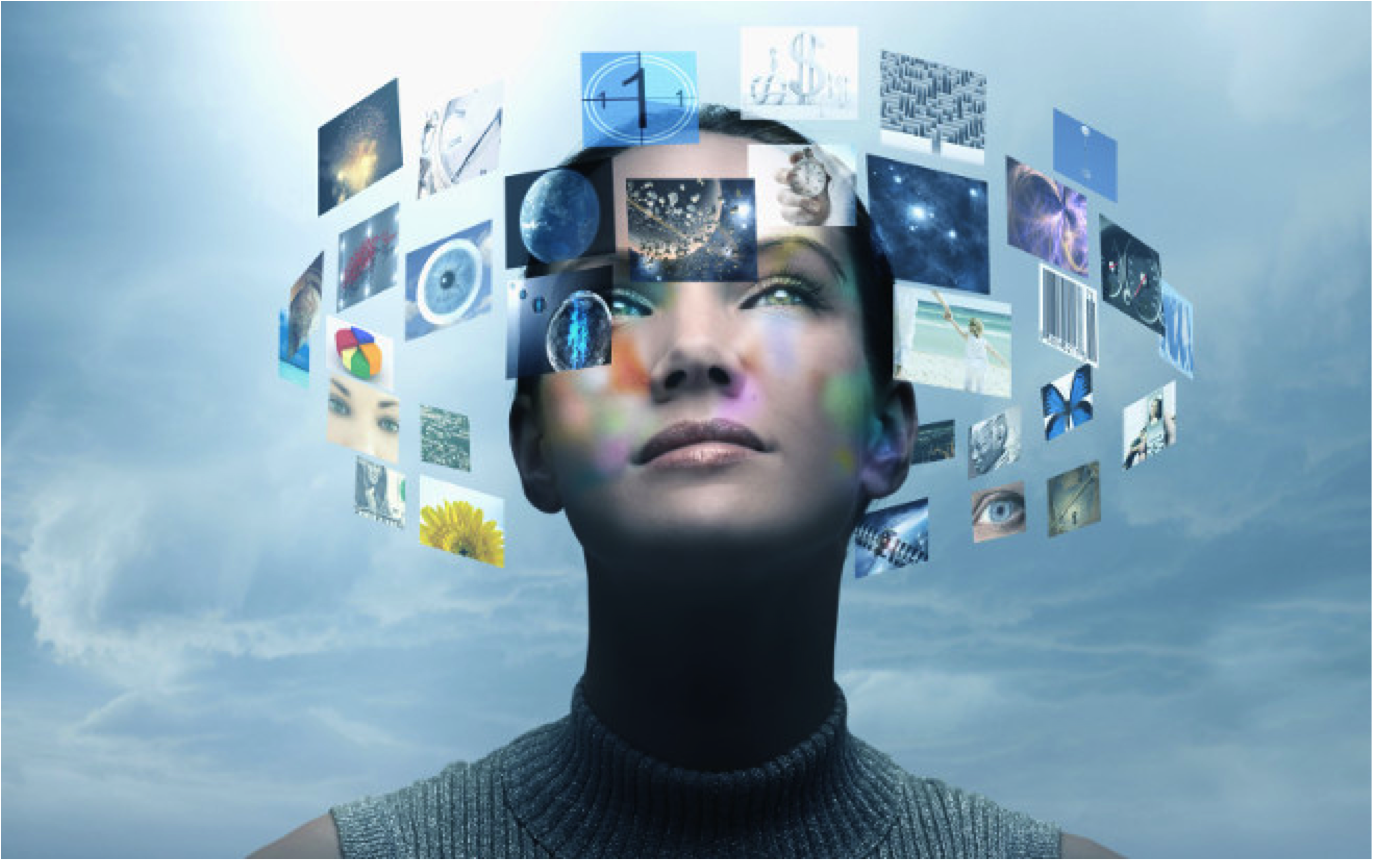
Trust in the Digital Age: Creating New Connections
Posted on 18th October 2016
Welcome to the Business Empathy Forum and thank you for your visit. In this post I would like comment on a recent blog post from ‘The Economist’. In this piece the writer asserts that ‘new technologies will make society richer by cultivating trust’. In an era of mushrooming technologies and diminishing trust and empathy, that statement merits exploration.
How Technology Can Build Trust and Empathy
The writer is optimistic about the potential of machines for creating bonds and building trust in society, and realistic enough to point out that trust is not easily earned. “Sadly, cultivating trust is hard. It is a sort of social capital which must be built through time and effort. Repeated positive interactions and demonstrations of trustworthiness create a foundation of mutual confidence. Within close communities, emotional cues like praise and shame effectively discourage antisocial activity. In environments rich in social capital, the return for co-operative behaviour is high; you can make more money playing by the rules and building a business, for instance, than by reneging on a contract at the first opportunity.”
A key insight is that the scale and reach of information technology are crucial: whereas almost everyone in the world is by definition excluded from a personalized system of trust, globe-straddling technologies offer opportunities for new connections, collaboration, trust and empathy. “A company’s ability to use the internet to monitor production in a factory half a world away means that firms need not establish deep relationships with foreign suppliers before opening a distant plant. Network connections between retailers and banks can help verify a customer’s ability to pay; the blockchain, a shared, public and trusted digital ledger of transactions, eliminates the need for a central counterparty altogether.” This is n evolving type of trust, one founded upon digital connectivity, verification, and efficiency rather than personal connection and experience. This emerging model of trust – with reliance on digital technology than on our human instincts – is one of the profound challenges of our digital age.
A key premise of my recent book is that individuals and organizations need to find a better balance between IT and our human need for empathy and trust. For that reason I support the balance implicit in these closing words from the post in ‘The Economist’: “For big commitments, people will not suddenly let down their guard, however impressive technology becomes. Yet trust is a habit. New technologies that encourage co-operation in some spheres of life contribute to social capital rather than weaken it.”
We know that new information technologies will keep coming, and that human beings will continue to need some degree of empathy and trust in their relationships. Let’s use the machines wisely and keep looking for balance.
Good luck, and until next time…

